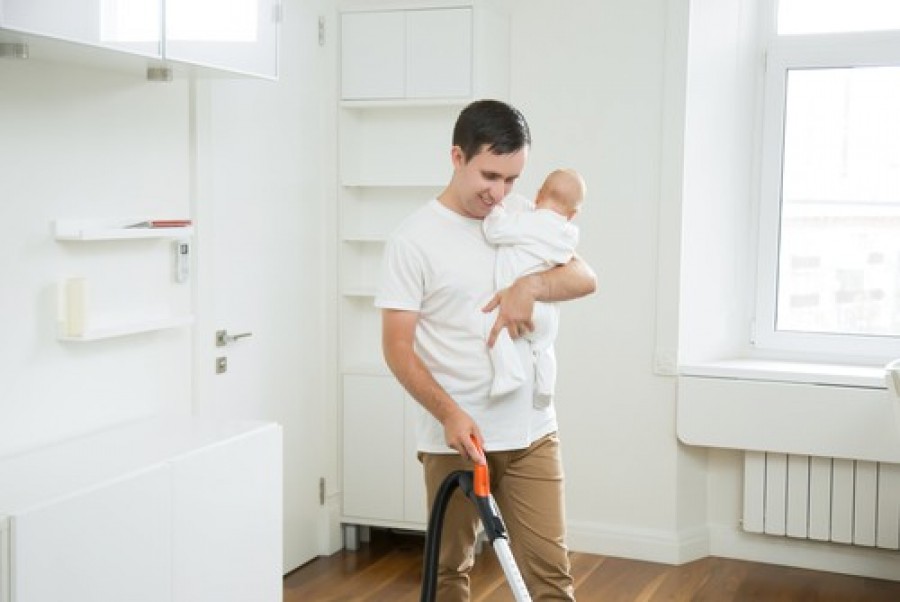Sudden Infant Death Syndrome SIDS
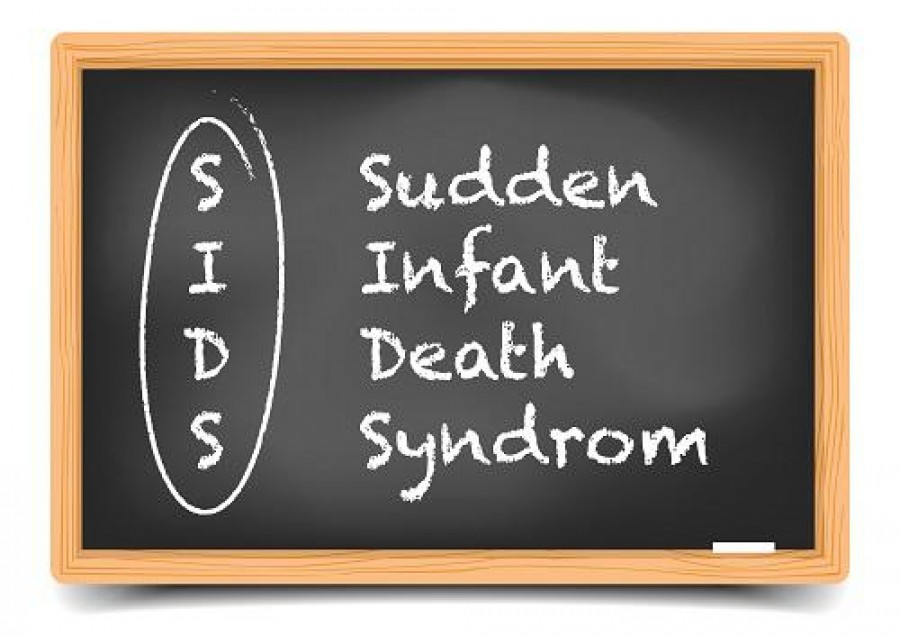
Sudden Infant Death Syndrome, commonly known as SIDS, occurs when an infant who appears to be healthy suddenly and unexpectedly dies. There has been an extensive amount of research done on SIDS, and yet it is still unknown why it happens. Fortunately, thanks to all of that research, there are things that can be done to help minimize the risk of SIDS.
Susceptibility to SIDS
SIDS can happen to any infant, but research reveals that there are some babies that are more likely than others to suffer from SIDS.
#1 Babies born premature
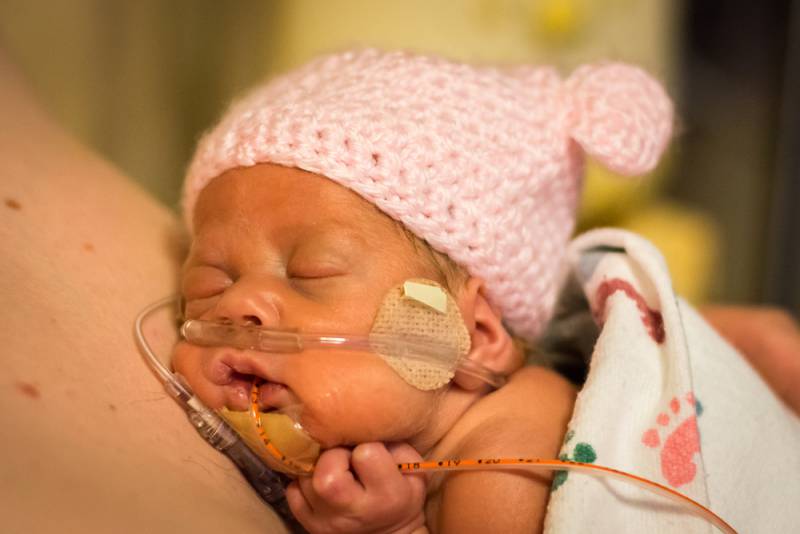
A baby is considered to be premature if they are born before the mother hits 37 weeks in her pregnancy. Premature babies almost always require a longer hospital stay and specialized care compared to babies that are born after the 37-week mark.
These babies are often more susceptible to illnesses and problems, and that includes having a higher chance of SIDS.
#2 Babies born with low birth weight
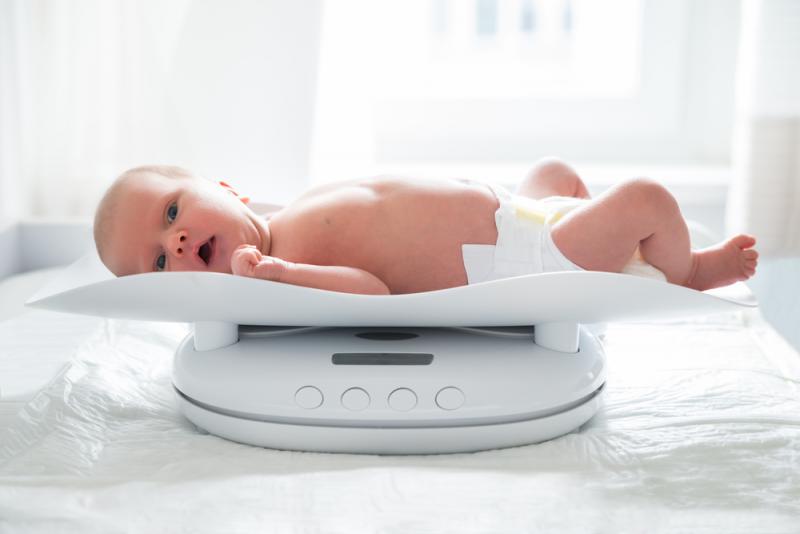
Some babies, even if born after 37 weeks are born with a low birth weight. Low birth weight is defined as the baby weighing less than 2500 grams at birth. Studies show that there is a higher incidence of SIDS among low birth weight babies.
#3 Babies Exposed to Smoke Before and/or After Birth
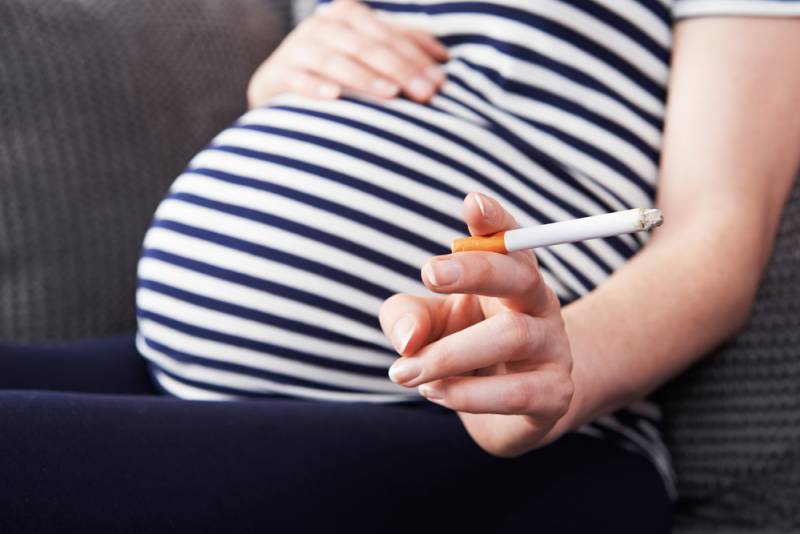
If a mother smokes during her pregnancy, her baby is considerably more likely to die from SIDS. The sooner a smoker can stop smoking during pregnancy, the higher the chance of a good outcome for the baby.
Exposure to smoke after birth also increases the risk of SIDS so ideally, you should keep your baby away from smoke altogether.
#4 Male Babies

For some reason, studies have shown that SIDS occurs more often in male babies than in female babies. Approximately 60% of SIDS deaths occur in baby boys.
How to reduce the risk of SIDS?
Even though research has yet to reveal the actual cause of SIDS, it has helped us to discover ways to reduce the likelihood of SIDS.
#1 Avoid baby being exposed to smoke
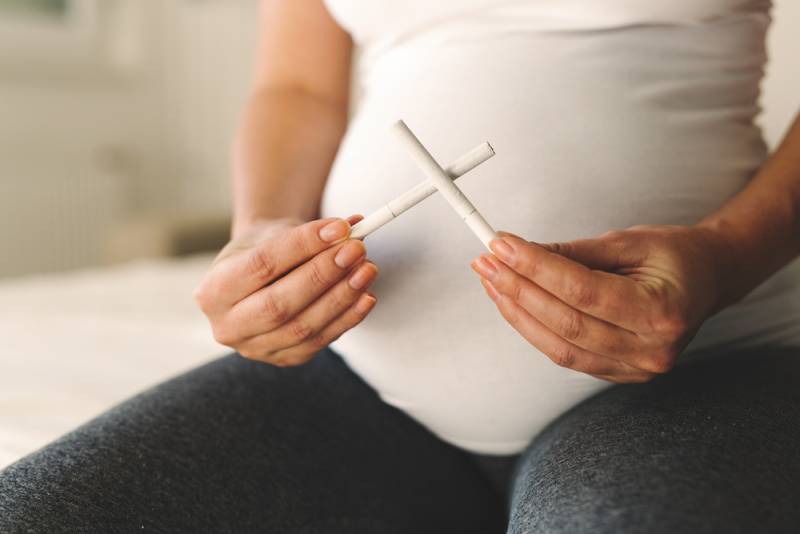
The chance of SIDS occurring goes up significantly when a baby is exposed to tobacco smoke either during the mother’s pregnancy, after birth, or both. Smoking during pregnancy has a ton of negative effects on both the health of the mother as well as the health of the baby.
Increased chance of SIDS is reason enough to quit smoking if you’re pregnant, but the many other problems caused by smoking during pregnancy gives even more reason to quit. If you are struggling to quit smoking during or even after pregnancy, contact your health care provider to get help quitting.
You shouldn’t even allow baby to be in the same house as someone that is smoking as second-hand and even third-hand smoke can be very dangerous.
#2 Breastfeed your baby
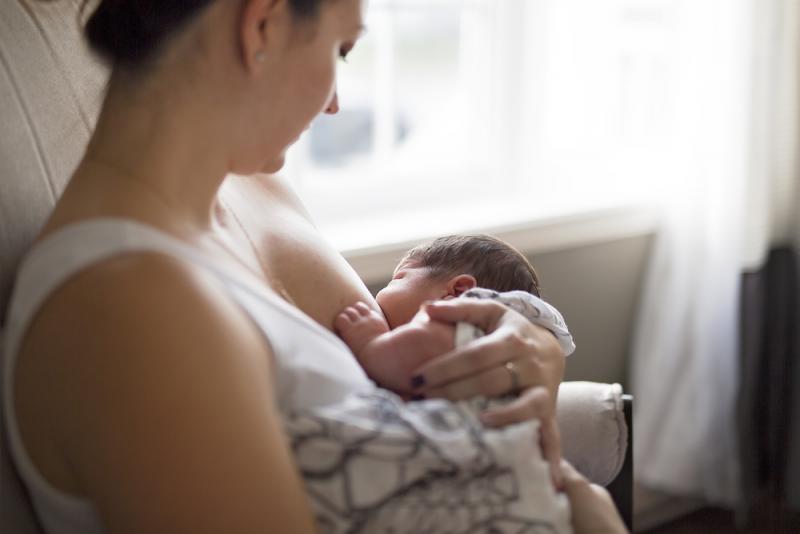
It has been shown that infants who are breastfed are less likely than infants who are not to die from SIDS.
This likely has to do with the fact that breastfed infants tend to arouse more easily than infants that are not breastfed.It is assumed amongst researchers that SIDS has something to do with babies’ ability to arouse themselves from sleep.
On top of a reduced risk of SIDS, breastfeeding has tons of other amazing benefits for both baby and mother. Of course, there are some cases where breastfeeding is not an option, and that’s okay too.
Always just do your best for your bub and for yourself.
#3 Put baby to sleep on their back

The position in which a baby sleeps in can also affect their likeliness of SIDS. Putting your baby to sleep on their back is the ideal position to decrease the risk of SIDS.
A baby that sleeps on his/her stomach has a lower arousal rate and higher chance of SIDS.
Putting your baby to sleep on their side is better than the stomach sleeping position but still won’t reduce the risk of SIDS the way putting them to sleep on their back does.
#4 Put your baby to sleep with a dummy or pacifier
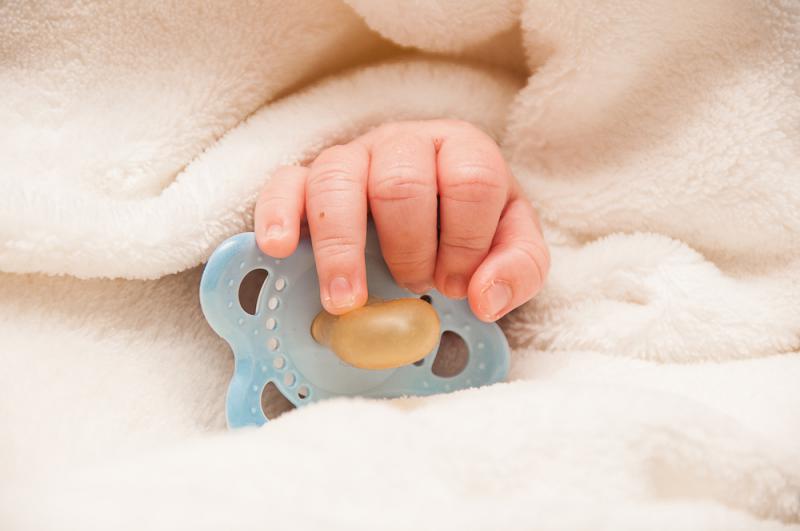
Going to sleep with a dummy also decreases the chance of SIDS for your little one.
Even if the dummy falls out of the baby’s mouth after they are asleep, it’s still shown to help reduce the risk of SIDS that they fell asleep with it in the first place. Something about the suckling helps with the baby’s ability to arouse themselves.
Of course, where to dummy or not to dummy comes with it’s pros and cons and is a separate discussion altogether!
#5 Keep your baby close by during sleep
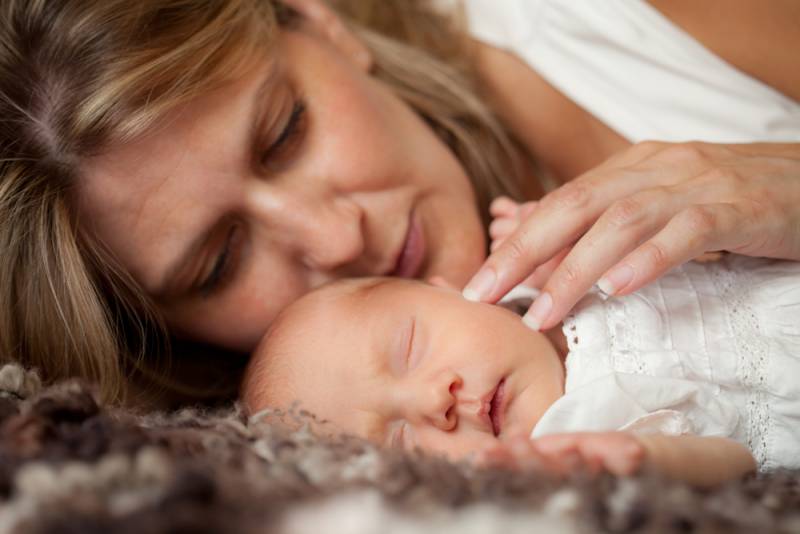
Research shows that the rate of SIDS is lower in babies that sleep in a cot in the parent’s room for at least the first 6 months of life. Keeping your baby close can provide you with peace of mind and allow you to quickly respond to your baby’s needs.
You’re also more likely to notice any potential problems if your baby is close to you.
#6 Prevent baby from overheating
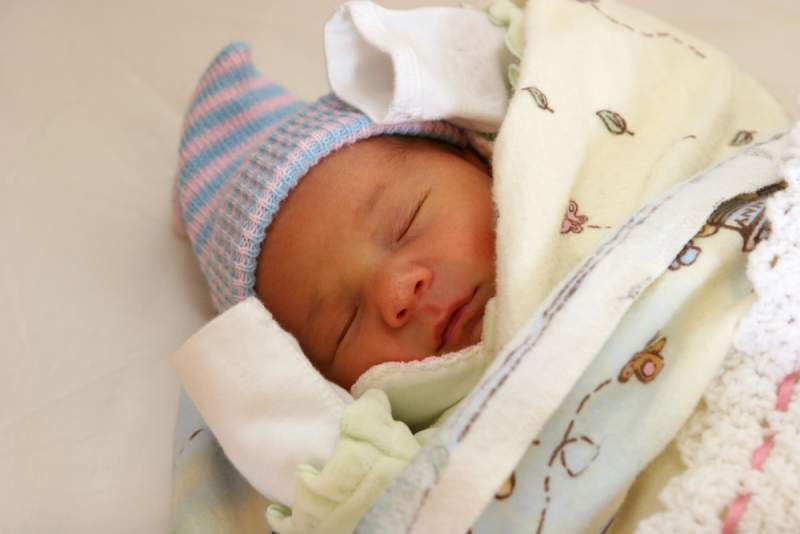
As parents, we want to make sure our bubs are nice and cozy, but sometimes we can go overboard. Overheating your baby can increase their chance of SIDS so it’s important to keep your baby at just the right temperature.
Typically, a baby needs one layer more than an adult to be at a comfortable temperature.
So, if you’re comfy in just a light shirt, put your baby in a light shirt with a light blanket. Swaddling your baby has many wonderful benefits, including helping them sleep on their back which is ideal for reducing the risk of SIDS; just make sure to dress your baby lightly before swaddling to prevent overheating.
If it’s particularly warm in the room, you could swaddle your baby dressed in just their nappy to help prevent overheating.
#7 Make sure baby’s sleep surface is firm

Another important thing to remember when creating a safe sleep environment for your baby and attempting to reduce the risk of SIDS is to make sure that your baby sleeps on a firm surface.
Ideally, your baby should sleep in a cot with a firm mattress that snugly fits in the cot without any gaps. If a baby’s sleep surface is too soft, it not only increases the risk of SIDS, but also increases the chance of suffocation.
You should also avoid having pillows or excessive bedding in the cot with your baby.
How to cope with SIDS?
Sometimes, no matter what we do to try to avoid it, SIDS just happens. Losing a baby is devastating no matter what the circumstances are, but the added frustration of not knowing exactly why your baby died can make your loss even more unbearable.
Nothing will ever make losing your baby okay, but there are some things that you can do to help you cope with the loss.
#1 Never Blame Yourself
When you lose a baby to SIDS, it can be hard to accept that you won’t ever know for sure what happened. You may feel as though you could have or should have done something to prevent your baby’s death.
It’s important to not dwell on the “what ifs”. The best thing you can do for yourself is to try to except that you just won’t be able to know for sure, and that it’s not yours or anyone else’s fault.
#2 Consider Counseling
Losing a baby is a major life changing event. It can negatively impact every aspect of your life. It can be difficult to sort out and deal with all of your emotions during this time. It can be a good idea to seek professional help.
Counseling will provide you with a safe space to just let everything out and get expert advice on how to handle your feelings. Consider bringing your spouse or partner along with you for the counseling.
They will be just as deeply affected by the loss and it is vital that you keep communication open to ensure that your relationship is not negatively impacted.
#3 Find a Support Group
Unfortunately, losing a baby, to SIDS or otherwise, is not exactly a rare occurrence.
There are plenty of other parents out there who are dealing with the loss of a child. It can be hard to realize that, but it can also help you to feel like you aren’t alone.
Whether you go with an online support group, or you find a local one, you’ll have the opportunity to discuss your experience and feelings with others who understand where you’re coming from.
Enjoy Your Baby
Not knowing why SIDS happens but knowing that it could happen to you can be terrifying, but it’s important to not live in fear.
Many parents might be constantly worried and even suffer from paranoia that something will happen to their sweet bub. You should never let fear take away from the joy of your new baby though. It’s important to understand risk factors and to do everything you can to help reduce the risk of SIDS, but that’s all you can do.
Worrying constantly won’t help and can take away from your time with your baby. So, do your best to reduce risks, but make sure that you are enjoying every moment with your bub and don’t let yourself live in fear.


